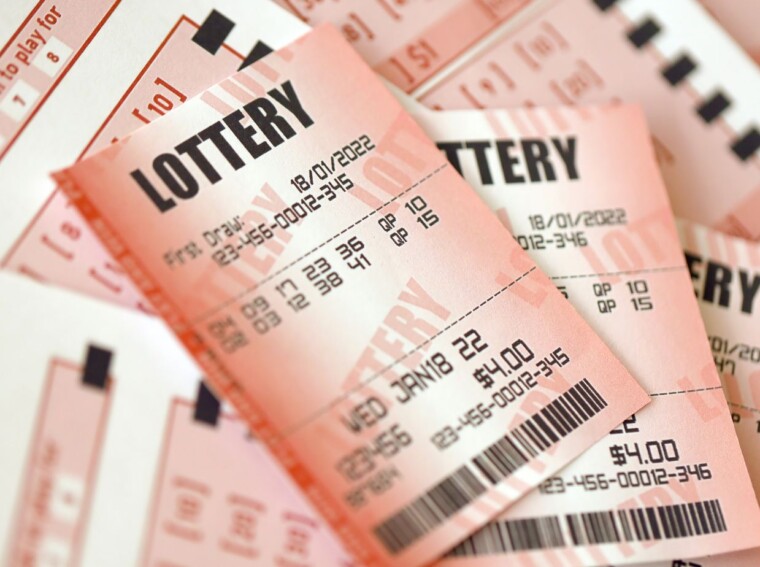The landscape of gaming and lottery has undergone a remarkable transformation over the years. Both industries have evolved from ancient times to the digital era, adapting to technological advancements and changing consumer preferences. This article explores the intertwined journey of gaming and lottery, highlighting how they have grown together and influenced each other.
A Modern Example
The evolution of the lottery in the United States offers a microcosm of this broader development. The Virginia Lottery, established in 1987, is an example of how state-run lotteries have adapted to changing times. Initially, these lotteries were simple raffles. Today, they encompass a variety of games, including instant-win scratch tickets and multi-state jackpot games like Powerball and Mega Millions.
Technology: A Catalyst For Change
The Digital Revolution
Transforming Gaming
The digital revolution has dramatically altered the landscape of gaming. In the early days, video games were primarily physical experiences, confined to arcades and home consoles. The introduction of the internet and advanced computing technologies changed this dynamic. Online gaming emerged, bringing with it multiplayer experiences and virtual worlds that were previously unimaginable. Games like “World of Warcraft” and “Fortnite” exemplify this shift, offering vast, immersive environments where players from around the globe can interact in real-time.
The impact of this shift extends beyond just gameplay. The digital era has also revolutionized how games are distributed and monetized.

Digital marketplaces for PCs, consoles, and mobile devices have made it easier for developers to reach a global audience, fostering a more diverse and vibrant gaming ecosystem. Additionally, the rise of free-to-play models, supported by in-game purchases, has opened new revenue streams and marketing strategies.
Revolutionizing Lottery
Similarly, the advent of digital technologies has transformed the lottery industry. Once reliant on physical ticket sales through authorized dealers, traditional lottery systems have expanded into the digital realm. Online lottery platforms now allow players to purchase tickets, check results, and even play instant-win games from their computers or mobile devices. This transition has made lottery games more accessible and convenient, leading to an increase in participation.
Moreover, digitalization has enabled the introduction of new game formats and experiences in the lottery sector. Interactive games that blend the excitement of instant-win mechanics with engaging gameplay are becoming increasingly popular. These developments have enhanced the player experience and allowed for more effective administration and security of lottery operations.
The Impact of Social Media And Mobile Technology
Social Media’s Role
The rise of social media has profoundly impacted both the gaming and lottery industries. Social media platforms have become crucial for marketing, community building, and customer engagement. Gaming companies use these platforms to promote new releases, host live streams, and engage with their audience. For the lottery industry, social media serves as a tool for announcing winners, promoting special draws, and raising awareness about responsible gambling practices.
Additionally, integrating social media elements into games has created new interactive experiences. Players can share achievements, participate in community events, and even play directly through social media platforms, further blurring the lines between gaming and social networking.
Mobile Technology: A Game Changer
Mobile technology has been another critical factor in reshaping gaming and lottery. The ubiquity of smartphones has opened up a world where games and lottery apps are accessible anytime, anywhere. This accessibility has led to the growth of casual gaming and the emergence of new player demographics.
Mobile gaming apps often integrate lottery-like elements, such as loot boxes or random rewards, which mimic the excitement of a lottery draw. Conversely, lottery apps have adopted gaming features to make their offerings more engaging, such as incorporating animations, sound effects, and interactive elements.
Ethical And Regulatory Developments
As gaming and lottery evolved, so did the ethical and regulatory landscape surrounding them. Concerns over gambling addiction and the social impact of gambling have led to stricter regulations and more robust, responsible gaming initiatives. This is evident in the measures taken by lottery organizations and gaming companies to promote responsible play and prevent underage gambling.
The Future: Innovation And Integration
Looking to the future, the convergence of gaming and lottery is likely to continue. Innovations like virtual reality and blockchain technology will further transform these industries. Virtual reality could offer immersive gaming and lottery experiences, while blockchain technology promises enhanced security and transparency for online transactions.
Conclusion
The journey of gaming and lottery is a testament to human ingenuity and adaptability. As we move forward, balancing innovation with responsible gaming practices is essential.

The future of gaming and lottery lies in harnessing technological advancements to enhance player experience while ensuring ethical and sustainable growth. The evolution of these industries is far from over, and their shared journey continues to unfold in fascinating ways.



